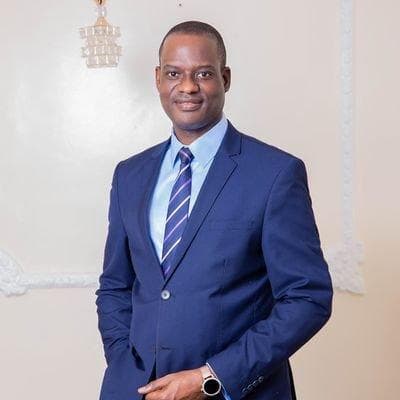Nigeria Overhauls Tax System in Landmark Reform, Exempts Low Earners and SMEs
ABUJA, NIGERIA – President Bola Tinubu on Thursday signed a historic set of four tax reform bills into law, ushering in what officials have described as the most significant overhaul of the nation's fiscal landscape in its history. The new legislation, which will take effect on January 1, 2026, is designed to relieve the tax burden on the poor and small businesses, simplify a notoriously complex system, and enhance economic competitiveness.
The signing marks the culmination of a nearly ten-month journey of intense public debate and stakeholder consultations that often veered into ethnic and religious controversy. A key component of the reforms is the renaming of the Federal Inland Revenue Service (FIRS) to the Nigerian Revenue Service (NRS), which will have an expanded mandate to include non-tax revenue collection and drive efficiency through digitization.
Speaking on a whirlwind press tour following the signing, Taiwo Oyedele, the Chairman of the Presidential Committee on Fiscal Policy and Tax Reforms, framed the new laws as a fundamental shift in philosophy, moving away from a system he described as "taxing poverty."
“The primary objective of this reform is not to raise more tax revenues,” Oyedele stated in an interview with Channels Television. “If you set out to do a reform in an economy like this with the objective of raising more revenue, you’re placing the cart before the horse. We want to be people-centric.”
Speaking on Arise TV, he described the old system as "the tax tail wagging the business dog," where the poorest were taxed while the well-connected could evade their obligations.
The new laws introduce sweeping reliefs for a majority of Nigerians and businesses:
- Income Tax Exemption: Individuals earning less than N1 million per year will no longer pay Personal Income Tax (PAYE). This significantly raises the threshold from the previous N300,000.
- SME Relief: Over 90% of small and micro businesses with an annual turnover below N50 million will be exempt from paying Company Income Tax, charging Value Added Tax (VAT), and deducting withholding tax.
- VAT on Essentials Removed: A zero-rate of VAT will now apply to essential goods and services, including food, education, healthcare, public transportation, and residential rent.
These measures, officials say, will put more disposable income in the hands of citizens and free up capital for small businesses to grow. For those at the top, however, the burden will slightly increase. “We have eliminated the tax completely for people at the bottom, we have reduced for people in the middle, and we have increased slightly for people at the top,” Oyedele explained, framing it as a move towards a more progressive and equitable system.
The reforms also aim to tackle the massive tax gap in the country, which Oyedele estimated is as high as 70%. By leveraging technology and data from various sources like bank accounts, phone records, and property registries, the new NRS aims to make evasion more difficult and costly. “We want to get to a point where we will not come to you and say, ‘how much did you earn in 2025?’ No, we will tell you how much you’ve earned,” he told Channels TV.
This data-driven approach, combined with closing loopholes from wasteful incentives, is projected to double Nigeria's tax-to-GDP ratio from under 14% to a minimum of 18% within three years, potentially boosting national revenue to N50 trillion. The powerful comparison to South Africa—which has one-third of Nigeria's population but generates 30 times more in personal income tax—was used to illustrate the nation's untapped potential.
The journey to enact the laws was fraught with what Senator Sani Musa, Chairman of the Senate Committee on Finance, called an "uproar." Misinformation was rife, with false claims that the government intended to seize farm produce. Oyedele revealed the intense personal toll of the period, including the "emotional impact" on his family, but stressed that the key was stakeholder management and patiently explaining the benefits, which eventually won the support of critical groups like the state governors.
The contentious VAT sharing formula was also adjusted. While it didn't fully shift to a consumption-based model, it now allocates 30% for derivation (consumption), 50% for equality, and 20% for population, a change Oyedele called "progress."

Dr. Zacch Adedeji, the Executive Chairman of the new Nigerian Revenue Service, hailed the laws as "a dream come true" and confirmed the January 1, 2026, effective date would allow for a six-month period of intensive public sensitization and a smooth transition.

President Tinubu himself described the laws as pivotal to the country's prosperity, providing "a new lease of life to every Nigerian." With the laws now signed, all eyes are on the implementation phase, which Oyedele acknowledged is the most critical part of the journey. “Writing the law, no matter how beautiful, means nothing if it is not properly implemented,” he said.
